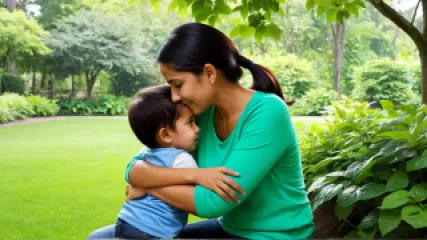Exploring Mindful Moments in Daily Routines: A Research Summary
1 year ago
Mindfulness in Daily Routines
Growing Through Challenges: A Child's Journey to Resilience
1 year ago
Building Resilience in Kids
Peer Pressure Management: A Research Summary
1 year ago
Peer Pressure
10 Best Tips for Overcoming Social Comparison Anxiety
1 year ago
Social Comparison Theory
Top 10 Mental Health Advocacy Initiatives to Support
1 year ago
Advocacy in Mental Health
The Science Behind Daily Gratitude Practices
1 year ago
Daily Gratitude Practices
How to Support Teenagers Through Challenging Times
1 year ago
Adolescent Challenges
Embracing My Worth: A Personal Journey of Self-Compassion
1 year ago
Nurturing Self Worth
10 Best Work-Life Balance Tips to Prevent Burnout
1 year ago
Burnout Prevention
Breaking the Stigma: My Journey with Bipolar Disorder
1 year ago
Bipolar Disorder
10 Mindfulness Routines to Incorporate into Your Daily Life
1 year ago
Mindfulness in Daily Routines
7 Proven Steps to Manage Exam Stress
1 year ago
Managing Exam Stress
How to Help Kids Build Resilience: A Step-by-Step Guide
1 year ago
Childhood Resilience Building
My Journey Through Adolescent Challenges: Navigating Virtual Therapy for Empowerment
1 year ago
Adolescent Challenges
From Paralysis to Empowerment: Overcoming Judgment and Fear
1 year ago
Overcoming Judgment Fear














